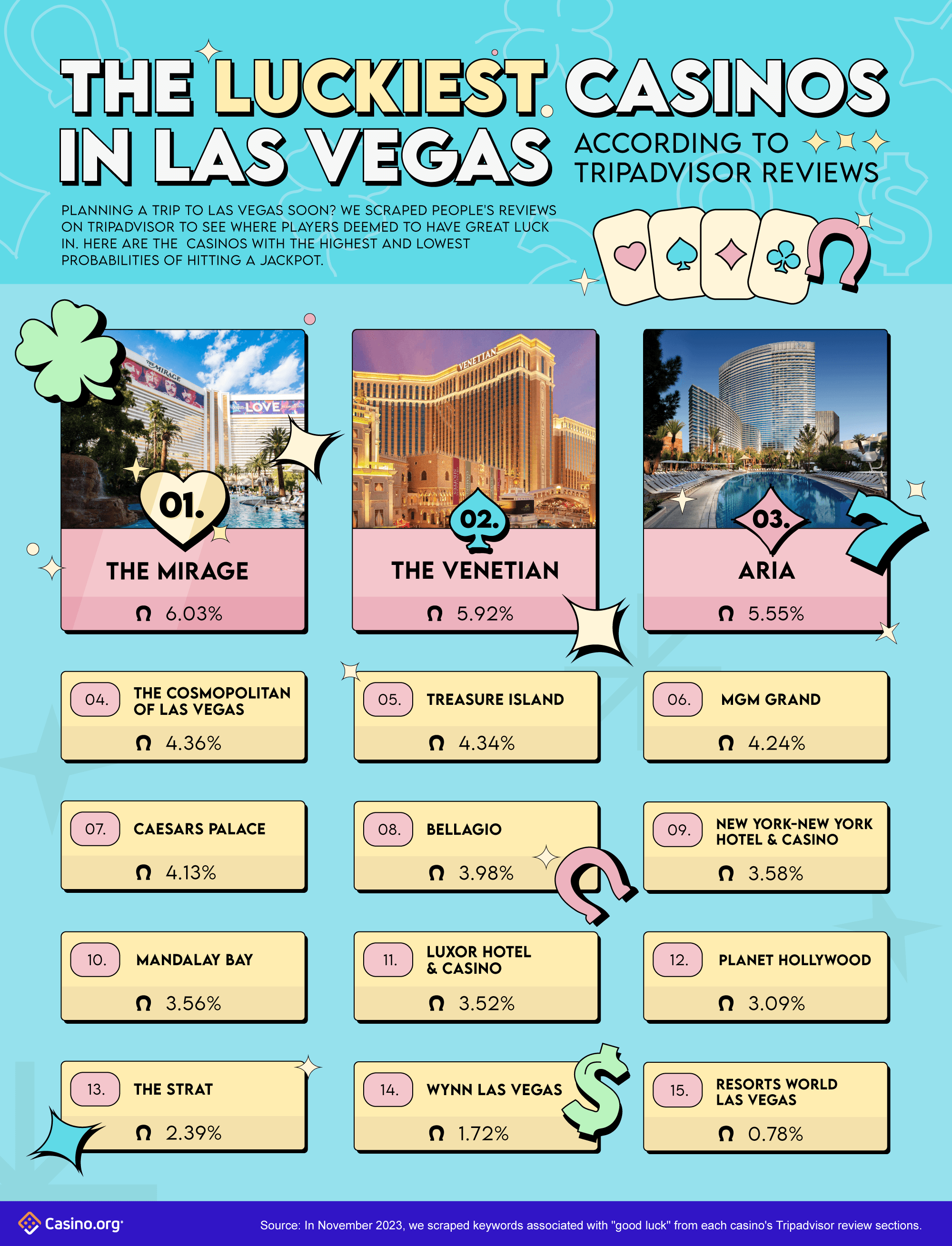Latest in Casino News: Latest Developments in Gambling Regulations

A world of casino games is constantly evolving, influenced by changing regulations, tech innovations, and evolving player preferences. While governments and gaming commissions strive to create a safe and fair environment for gamblers, the framework of casino regulations is undergoing major modifications. Grasping these shifts is crucial for both casino operators and players looking to explore the exciting yet complicated realm of gambling.
Lately, various regions have proposed and enforced new policies aimed at enhancing the protection of players while encouraging safe gambling. These changes not only influence the types of gambling games offered but also the manner in which they are marketed and obtained. In this piece, we will examine the most recent regulation changes, their consequences for the industry, and what players can look forward to as they engage with their favorite gambling games.
Updated Regulatory Frameworks
New changes in gambling regulations are shaping the prospects of casino games across multiple regions. Regulators are realizing the necessity for a strong regulatory framework that not solely protects customers while also provides fair play and sensible behavior. These systems are designed to address challenges such as online gaming, virtual currencies, and advancements in the technological field, reflecting the transforming setting of the gaming industry.
One major trend is the adoption of tighter policies regarding clarity and consumer safety. Gambling venues are now mandated to provide clear information on odds, returns, and the associated hazards associated with betting. This change aims to equip customers by making them take educated judgments while also helping to fight gaming addiction through responsible gambling measures. Casino owners are expected to implement self-exclusion systems and offer support for gamblers seeking support.
Additionally, novel rules are being applied to novel innovations such as virtual reality and blockchain in gaming games. Regulators are developing frameworks to assure that these advancements maintain authenticity and justice while also safeguarding player privacy. As the sector evolves, oversight bodies are adapting to verify that innovations enhance the gambling environment while protecting both gamblers and entities.
Influence on Gaming Diversity
The recent changes in game regulations have unlocked new avenues for gaming experiences, allowing for greater creativity and difference within the sector. As oversight agencies modernize their standards, game developers are inspired to create distinct gameplay experiences that appeal to a wider market. This has led to a rich collection of fresh titles, incorporating various topics, categories, and mechanics that were historically overlooked or constrained by stricter policies. 69VN
With a more flexible set of rules, gambling venues are now free to experiment with alternative types of games, including skill-focused games and interactive experiences. This transition has resulted in a boom in fusion games that combine traditional gambling features with modern gaming trends, such as video gaming and augmented reality. By expanding the game offerings offered, gaming venues can appeal to not only experienced gamblers but also recreational gamers who may prefer more unique choices.
Moreover, the evolution of standards has highlighted clarity and justice in games, which could foster greater trust from players. As a result, consumers are more willing to try a broader selection of games, realizing they are participating in services that comply with updated regulations. This growing belief enhances engagement and can ultimately propel revenue growth as more varied selections address varying tastes and audiences in the casino sphere.
Upcoming Transitions in Regulation
As the gaming landscape evolves, authorities are progressively focused on adopting tech-driven solutions to enhance clarity and justice. The incorporation of crypto technology into casino games is anticipated to gain momentum, allowing for greater oversight of operations and ensuring that activities remain equitable and secure. This transition could lead to a compliance framework that welcomes these improvements, promoting confidence among players and providers alike.
In addition to technological adoption, there will likely be a greater emphasis on responsible gaming strategies within the regulatory environment. Authorities are anticipated to implement more stringent measures to promote participant protection, including mandatory self-exclusion programs and robust age verification systems. This move aims to defend vulnerable populations while ensuring that the pleasure of gaming activities is maintained for responsible gamblers.
Lastly, as online gaming continues to grow globally, alignment of oversight across different regions will become a critical need. Countries may endeavor to collaborate more closely on unified standards for licensing, operation, and taxation. This could lead to a more simplified regulatory process for international operators, fostering a wider acceptance of online gambling platforms while maintaining high levels of participant protection and honesty in the gambling industry.
